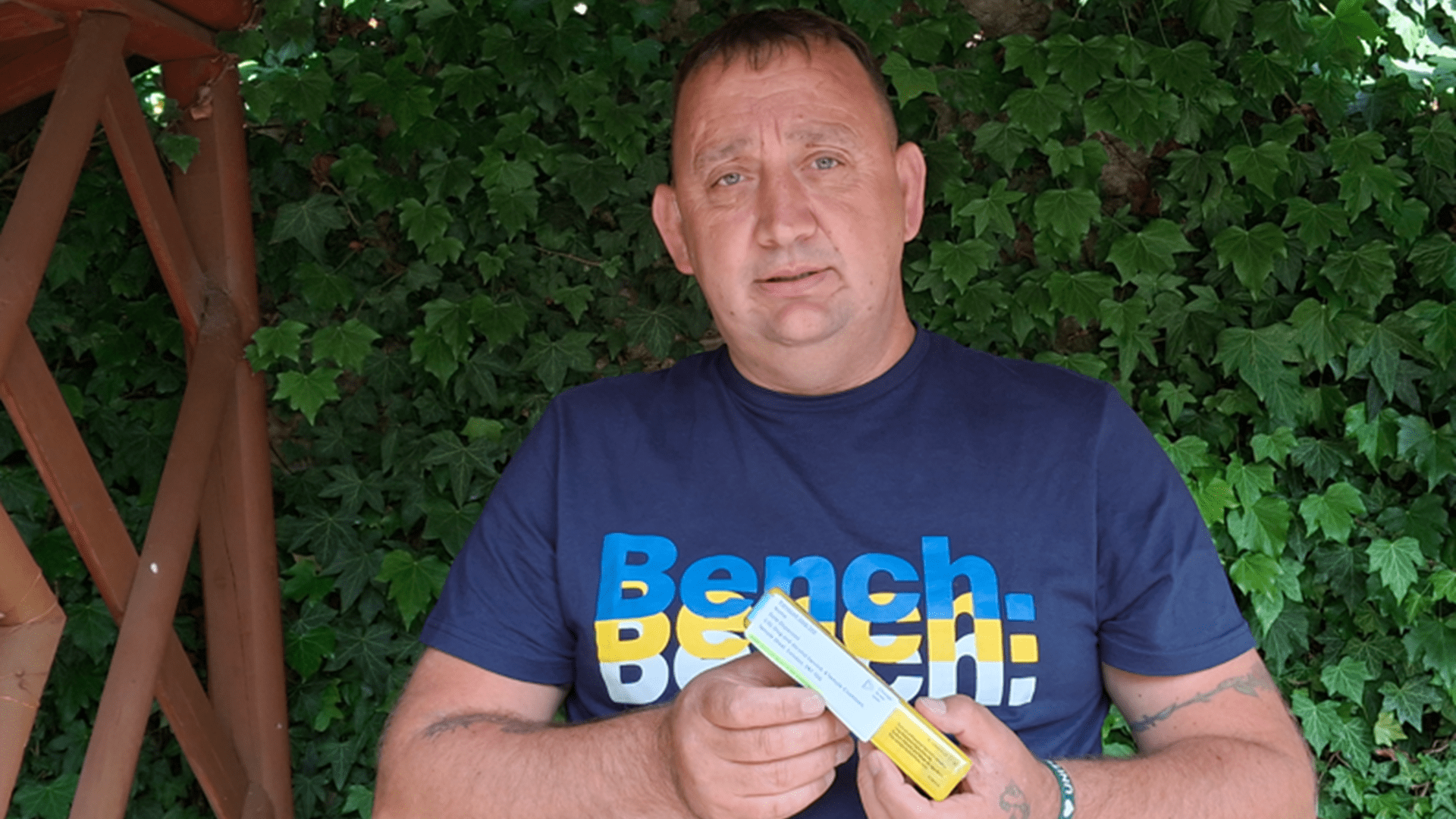Lee Ball, The Salvation Army’s director of addictions, said the risk to people experiencing homelessness is now so substantial that leaders should consider making overdose antidotes accessible on the street.
“The risk of drug overdose has never been so great. Every death from drugs is a tragedy that can and should be prevented,” said Ball.
“Now, with the newer synthetic opioids like fentanyl, which is 50 times more potent than heroin, and various nitazenes, which can be hundreds of times more lethal, the danger has significantly increased. These substances, sometimes mixed into other drugs without people’s knowledge, are fuelling a serious and fast-growing problem in the UK.
“Making naloxone available in public places alongside first aid kits should be seen as no different to stocking defibrillators for cardiac arrest or using EpiPens for life-threatening allergies. We would greatly welcome a government-led consultation with public and private sector organisations on how to make this a reality.”
Naloxone can be given as either a nasal spray or injection to temporarily reverse an opioid drug overdose as well as for newer, more dangerous synthetic drugs such as fentanyl. This gives enough time for emergency services to arrive on the scene.
Declan Hanratty, 49, from Swindon, nearly lost his life to a heroin addiction but has managed to turn his life around with the help of The Salvation Army and now volunteers to help others beat addiction.
Advertising helps fund Big Issue’s mission to end poverty
Hanratty knows only too well the dangers drugs pose on the street and is backing the charity’s call for action.
“When I was taking heroin and sleeping rough, I woke up one morning and the girl next to me was dead. I overdosed myself once. It was a horrible experience. I was found behind the wheel of my car and kept in hospital for five days,” said Hanratty.
“People who haven’t experienced it have the impression that addiction is fun, but the reality is the opposite. Addiction is a physical, mental and spiritual sickness, and recovery takes time. So, to help people who end up overdosing, I think naloxone should be available everywhere.”
Salvation Army volunteer Liz Brown, aged 61 from Plymouth, saved a man’s life last Christmas Eve by giving him naloxone.
She started carrying it after losing her eldest son to a drug overdose. Brown, a mother of four, also lost another son to the long-term effects of drugs.
“I was on my way to The Salvation Army, where I volunteer at a homeless drop-in service, when I found a man slumped on the floor,” said Brown.
Advertising helps fund Big Issue’s mission to end poverty
“As I got closer, I could see he’d taken something, so I gave him some naloxone. As soon as I saw him, I just knew I had to do something. I stayed with him till the ambulance got there. I was in shock afterwards, to be honest, but the naloxone was actually easy to use.
“People with addiction are suffering and need proper help – that’s how they should be treated. Having a go at them or trying to make them feel ashamed doesn’t change anything. I used to feel embarrassed about my sons taking drugs, but not anymore because that won’t help people or stop them dying. What does help is making sure they get the support they need. And that’s why I’m now speaking out about what I’ve experienced.”
The Salvation Army is taking its campaign to parliament to urge MPs to act on Wednesday (18 June).
The charity is calling for a government-commissioned public awareness campaign about naloxone and wants all frontline police officers to carry it so they can administer it if they are first on the scene at a medical emergency.
Anyone known to use opioids should also be issued with naloxone to take home when leaving hospital or prison, the charity said, as well as calling on local authorities to introduce a naloxone policy.
Promises are easy to break. Sign Big Issue’s petition for a Poverty Zero law and help us make tackling poverty a legal requirement, not just a policy priority.
Advertising helps fund Big Issue’s mission to end poverty
Do you have a story to tell or opinions to share about this? Get in touch and tell us more. Big Issue exists to give homeless and marginalised people the opportunity to earn an income. To support our work buy a copy of the magazine or get the app from the App Store or Google Play.






